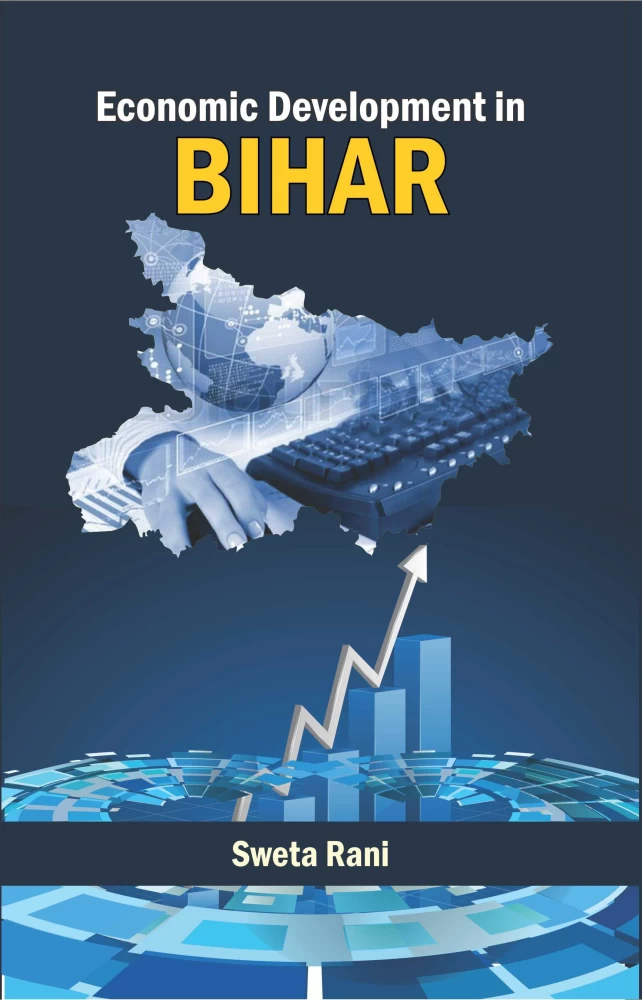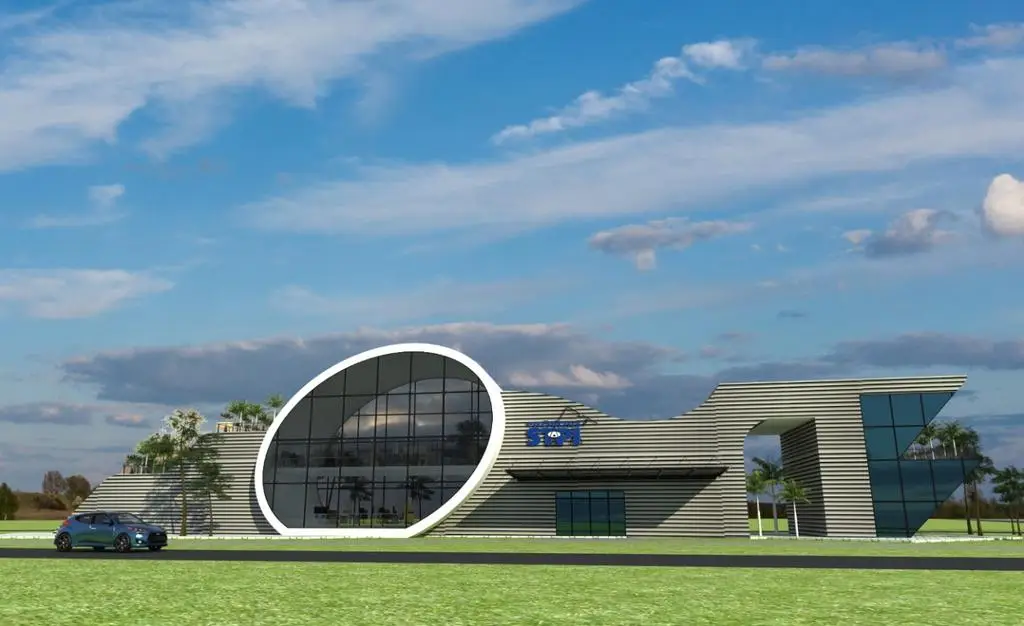
The Economic Transformation of Bihar
Bihar, once primarily known for its agricultural base and historical significance, is now making strides as a burgeoning business hub. The state has witnessed significant economic transformation due to noteworthy reforms and policies implemented by the government. These strategic measures have propelled Bihar towards a new era of business development and investment, making it an attractive destination for entrepreneurs and investors alike.
The Bihar government has placed a strong emphasis on economic reforms aimed at creating a robust and conducive environment for business activities. Policies have been streamlined to ease the regulatory framework, thereby reducing bureaucratic delays and promoting prompt business operations. This has encouraged a proliferation of industries across various sectors, most notably in agriculture, manufacturing, and services.
Agriculture continues to play a vital role in Bihar’s economy. However, the introduction of modern farming techniques and improved irrigation infrastructure has resulted in enhanced productivity and diversification of crops. The state has also seen growth in food processing industries, adding value to agricultural produce and creating employment opportunities.
In the manufacturing sector, Bihar has made significant progress particularly in textile, leather, and agro-based industries. Initiatives such as the ‘Make in Bihar’ campaign have been instrumental in attracting investment and fostering a culture of industrial growth. These developments have not only contributed to the state’s economy but have also established Bihar as a significant player in India’s manufacturing landscape.
Moreover, the services sector in Bihar has experienced remarkable growth, with notable advancements in healthcare, education, and information technology. This sector’s expansion has been facilitated by the state’s focus on digital infrastructure and skill development, ensuring an adequately skilled workforce capable of meeting modern business needs.
One of the pillars of Bihar’s economic transformation is its enhanced infrastructure. Investing substantially in the development of roadways, railways, and airports, the state has considerably improved its connectivity and accessibility. The expansion of road networks and the modernization of railway facilities have facilitated smoother transportation of goods and raw materials, thereby positively impacting the business climate. Additionally, upgraded airport facilities have made Bihar more accessible to national and international investors.
Overall, these concerted efforts have resulted in impressive GDP growth for Bihar, showcasing its potential as a dynamic business hub. The successful implementation of key economic reforms and the continuous development of infrastructure underscore the state’s commitment to fostering an enabling environment for sustained economic prosperity. This transformation holds promise for Bihar’s continued emergence as a thriving center for business and investment.
“`html
Key Industries and Opportunities in Bihar
Bihar is witnessing significant economic transformation, bolstered by key industries that are redefining its business landscape. Agro-based industries, textile, and handicrafts stand out as pivotal sectors contributing to this dynamism. The state’s fertile land and favorable climatic conditions have allowed the agro-based industry to thrive, producing a variety of crops, including rice, maize, and wheat. In addition to traditional farming, Bihar is also making strides in agro-processing, where the raw materials are converted into valuable products, thus adding to the state’s economic value.
Textile and handicrafts are other vital sectors that have deep historical roots in Bihar. The state is renowned for its Madhubani paintings, Bhagalpuri silk, and Sikki grass products, all of which have garnered significant attention in both domestic and international markets. These products not only reflect the rich cultural heritage of Bihar but also contribute considerably to the state’s exports and employment rates.
The rise of IT and education sectors presents new business frontiers for Bihar. With the establishment of IT parks and educational hubs, the state is emerging as an attractive destination for tech companies and educational institutions. Government initiatives such as the Bihar StartUp Policy 2017 provide infrastructural support and financial incentives to foster entrepreneurial growth. The influx of startups across various domains—from tech to healthcare—illustrates the entrepreneurial spirit that is flourishing within the state.
Practical examples in the form of case studies further elucidate this transformation. Companies like Keventers, which began as a local dairy products company, have now expanded their footprint nationally. Similarly, startups like AgroStar, which focuses on agricultural innovations, and DeHaat, a platform providing end-to-end services to farmers, are emblematic of how businesses can grow and thrive in Bihar.
Government incentives play a crucial role in attracting investments. Various schemes, such as the Mukhyamantri Udyami Yojana and the Bihar Industrial Investment Promotion Policy, offer financial grants, tax concessions, and infrastructural support to startups and established businesses alike. These programs are designed to streamline the investment process and provide a conducive environment for business operations.
The potential for future growth is immense. Bihar’s vision for becoming a leading business hub is grounded in its strategic policies and robust support mechanisms. As the state continues to invest in infrastructure, human capital, and technological advancements, it stands poised to attract both national and international investors, making Bihar a promising hotspot for entrepreneurial activities and sustainable economic development.
“`




